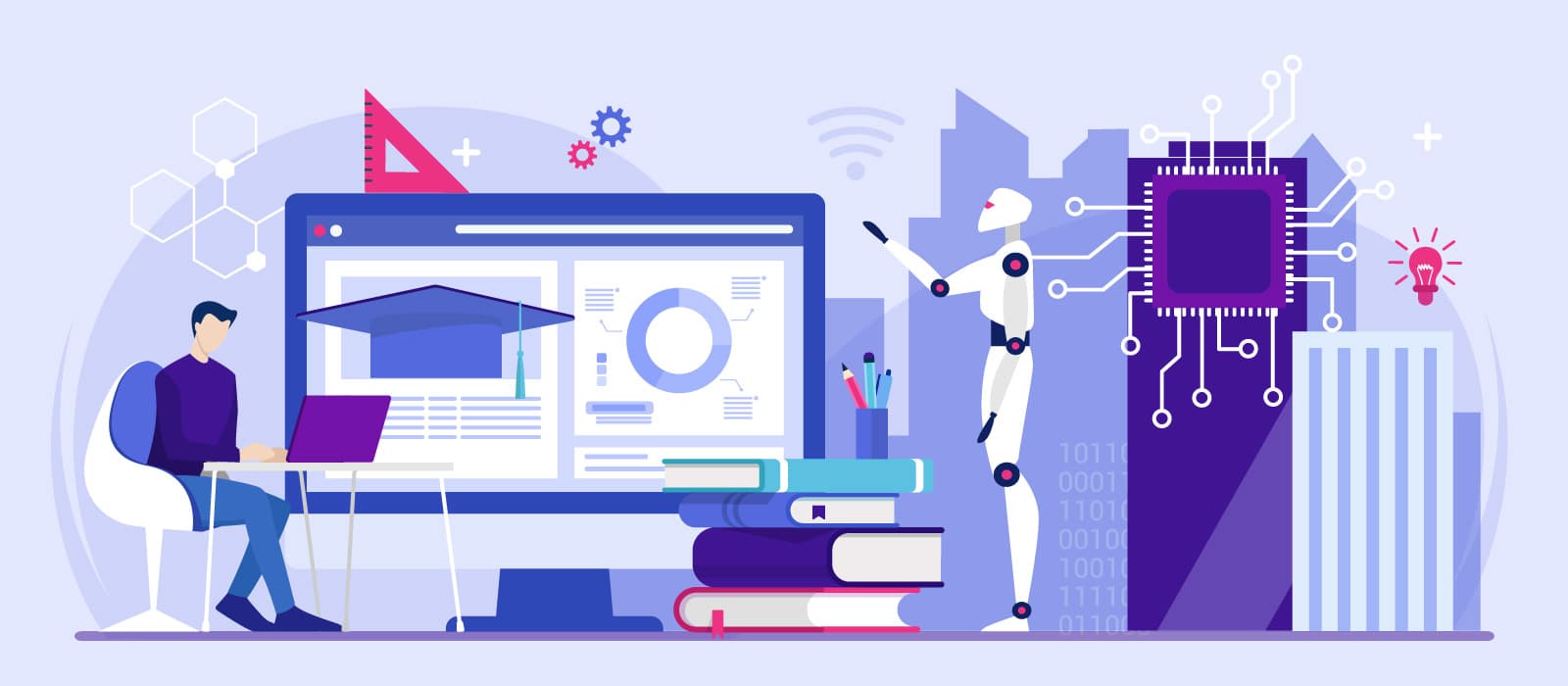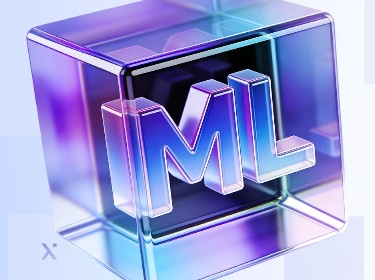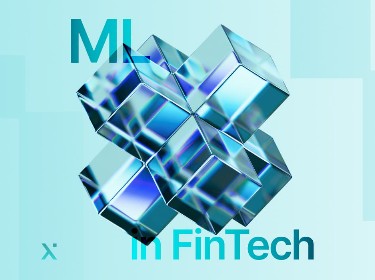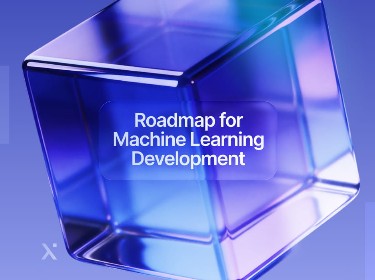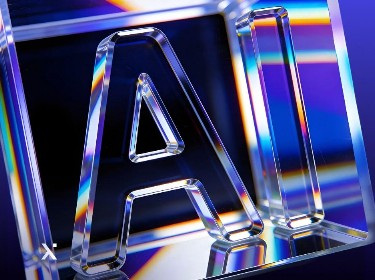Artificial intelligence brings forth revolutionary changes at the core of many industry verticals, and it is now reshaping the education industry as well.
Researchers and businesses are getting more confident in artificial intelligence (AI) and its associated technologies like machine learning, deep learning, natural learning processing, and computer vision.
AI’s utility is now extending to the education sector as well, with the demand for more personalized and smart teaching content. AI in education in the form of customized tools can help teachers focus more on the teaching process, rather than spending time on administrative tasks.
AI tools are creating a global learning environment with no geographical boundaries against the typical classroom model. They are being used to address and find solutions to some of the age-old challenges such as differentiated learning catering to the needs of the students’ abilities on a wide spectrum, and much more.
How AI impacts the education industry
![]()
First, it is imperative to understand that artificial intelligence in education doesn’t mean replacing teachers and tutors with a machine or robot in traditional classrooms. It is more about empowering them with advanced tools and technologies that would help them cater to the growing needs of students and the rising demand for personalized education.
Let’s go over some of the ways AI solutions are used to improve the learning experience.
Simplifying administrative tasks
AI can be utilized to streamline many administrative tasks and duties that are currently handled by teachers, such as preparing plans, examination grading, checking homework, etc. Automating these processes can ease the pressure on the teachers, provide them with a birds-eye view over each student’s progress, and let them focus on improving their educational techniques.
Smart content
Smart content is an integral part of the digitized curriculum. Though still in its nascent stage, many schools are striving to make the online curriculum available through different digital platforms to make it more interactive.
With AI-based tools, learning materials such as eBooks, audio, and video can be easily categorized and grouped according to the educational plans and even student preferences. This way the learning process and the curriculum are made more student-centric.
Personalized learning
Unlike the traditional education system that usually targets the middle 80% of students and leaves the upper and lower 10% pupils, AI-based systems promise to serve students of all capabilities and discover their full potential.
Schools and universities are now utilizing AI in the classroom for personalized recommendations on the sessions, their performance, daily assignments, and even in examinations. Also, students now have access to AI-powered smart tutoring systems where they have the advantage of personalized study plans, accessible from any user device or location.
Voice assistants
Who would have thought that voice assistants like Apple’s Siri, Amazon’s Alexa, and Google Home can change the teaching equations? These interactive voice assistants can assist with different learning material even in the absence of a teacher, and have made learning possible anywhere and anytime.
Apart from supporting learning, integration of such voice assistant technology within the school campus system can make following schedules a fun and engaging experience for the students.
Global learning
Technology is bridging and connecting people of different geographical locations. This has turned out to be a boon for the students as they can now easily communicate and share ideas with their peers from around the world. With the help of state-of-the-art AI solutions, several colleges and universities are creating learning platforms for students from different parts of the globe to study together.
AI-based tools are helping them organize classes based on curriculum and customize the experience to match the student’s ethnicity, providing access to education materials within their cultural background. Language translations and automated subtitle creation enable teachers and students to communicate online without any boundaries. The future of global education looks bright as these AI tools get further fine-tuned to support more languages and dialects.
Efficient school management
Besides curriculum and teaching methods, AI technologies can optimize and streamline management processes for educational institutions. For instance, AI-based tools can help in the proper designing and planning of classrooms according to the number of students. With data-driven insights, school management can timely distribute resources to areas of higher demand and cut down on unnecessary expenses.
Interested in developing your own chatbot? See how we can create a custom AI bot for you
Top companies creating AI solutions for education
![]()
Seeing the high demand for AI-powered tools in the classroom, software development companies have already made leaps forward in helping schools transform the educational process. Here are some of the frontrunners:
- Nuance
Nuance has developed a speech-recognition app for students who struggle with writing. It can easily transcribe up to 160 words per minute. Typing and spelling no longer come in the way of these students from realizing their full potential.
- Querium
This solution offers customized STEM courses for high school and college students. Querium’s AI software analyzes the answers and duration of time taken to complete lessons, thus giving teachers and students insight into their performance.
- Brainly
It is an online platform where students can easily collaborate and work together sharing knowledge, answering each other’s questions, and helping solve difficult problems. Brainly personalizes the tech-powered setting to create a classroom-like environment.
- Century Tech
Century Tech is known for developing customized teaching and learning plans by using data analytics and cognitive neuroscience. This not only reduces the instructor’s workload but also provides students with personalized lessons based on recommendations and feedback.
- Thinkster Math
This AI-powered math tutoring application integrates the one-on-one teaching method and math curriculum. Thinkster Math assists students in developing and sharpening their math skills in a step-by-step guided process.
- Kidaptive
This solution is known for its Adaptive Learning Platform (ALP) powered by AI algorithms that assist schools and colleges in gathering data and boost students’ engagement and improve outcomes. Kidaptive allows creating challenging tasks for students according to their unique strengths and weaknesses.
- Blippar
Blippar has combined augmented reality and computer vision service to bring creativity, interactivity, and engagement and transform the way students learn in a classroom. The platform introduces interactive visual experiences in subjects like geography, physics, and biology. For instance, ordinary textbook images of the solar system can be turned into a virtual 3D model for the students to explore.
- Volley
This learning platform brings forth AI-powered mobile learning making training, development, and knowledge management engaging. Volley narrows down the knowledge and skill gaps of students to create personalized courses, quizzes, and even briefings for employees working in different industry verticals.
- Quizlet
Quizlet offers a variety of learning and studying tools, and the brand has recently launched a smart study portal that offers highly adaptive courses. Study plans are made using machine learning and data derived from millions of study sessions. It provides students with the most suitable and relevant materials, covering the subject from all angles and leaving no room for ambiguity in knowledge.
- Cognii
The solution represents several AI-based tools for higher education centers and corporate training for organizations. Powered by a virtual assistant, Cognii uses conversational and interactive methods to guide learners while improving their critical thinking skills.
AI tools are also often used in retail. Take a look at this AI-powered smart retail solution that easily adjusts to all business environments
Drawbacks of artificial intelligence in education
The implementation of different AI tools in education has seen a positive growth trend that will continue further on. However, there are some hitches that may pose a threat to leverage the optimum potential of machine learning and artificial intelligence in classrooms. Take a look at some of them:
- Artificial intelligence limits human interaction, development of social skills, and building connections.
- Integrating AI could be a problem for developing countries because of high costs and poor internet connectivity.
- AI solutions make the educational process highly dependent on computer systems and infrastructure prone to cyber-attacks, crashing, and compatibility issues.
Future of education with artificial intelligence
![]()
AI-based solutions offering personalized learning are about to transform not just the school curriculum but the very foundation of the education sector. This evolution is powered by adaptive AI development services, which create systems that can continuously tailor instruction, pace, and content to meet the unique needs of each student. Below we describe some of the expected changes that we may see in the coming years.
Tracking and analyzing student’s performance
Gathering large datasets on students’ performance for different courses, AI-based platforms are able to analyze and provide valuable insight for teachers and mentors. Combining the indicators of time taken to complete a certain course and performance on individual assignments, teachers can tweak lesson plans accordingly to match the needs of any student.
Creating a gamified experience
Understanding tough concepts in science, physics, and other complex subjects will become easy with gamification techniques powered by AI and virtual reality. By giving students first-hand experience of such phenomena, teachers can help them not just understand the material but also improve retention. These tools can also be used to instill morals and develop students’ emotional intelligence which could otherwise be tough to accomplish with traditional methods.
Collaborative learning
In a class of 20-30 students, each one has different characteristics, personalities, and learning capabilities. With the help of AI-based tools in the classroom, teachers can identify and bridge the knowledge gaps of every student. Such information can help customize courses, assignments, etc. This also creates an open environment for students to collaborate with each other on tasks without any boundaries.
AI positively transforms the medical industry as well. Learn more about how this AI solution helps solve the problems in retina pathologies diagnosis
Will artificial intelligence replace teachers in the future?
![]()
According to a study published by Pearson, one of the leading experts in technology-based educational and learning services, artificial intelligence in education is to be perceived as a “lifelong learning companion.” This is a technology that can be accessed from anywhere, any device, can easily assist any age-group while developing their knowledge with the help of a highly customized plan. But there’s a catch.
Education isn’t all about gaining knowledge. It is a complex process where people not only attain the knowledge of different concepts but also learn to apply them in day-to-day life along with complex social skills. Machines can’t teach empathy, compassion, and other such emotions, which are an essential part of the overall development of personality. This means no matter how advanced artificial intelligence becomes, it won’t be able to replace teachers. Their role will be to assist teachers in making learning a great experience for students.
Conclusion
Artificial intelligence and machine learning have the power to transform the education sector for good by addressing some of the most critical challenges it is currently facing.
Not only will it impact the overall development and performance of students, but also help reduce the stress and pressure on teachers. AI solutions bring forth student performance analytics, personalized learning, and student engagement tools to enrich the traditional classroom experience.
Have an idea for an AI-powered education app? Reach out to our AI development team and machine learning consulting team and rest assured that we will make your groundbreaking ideas a reality in the best and most innovative way.
